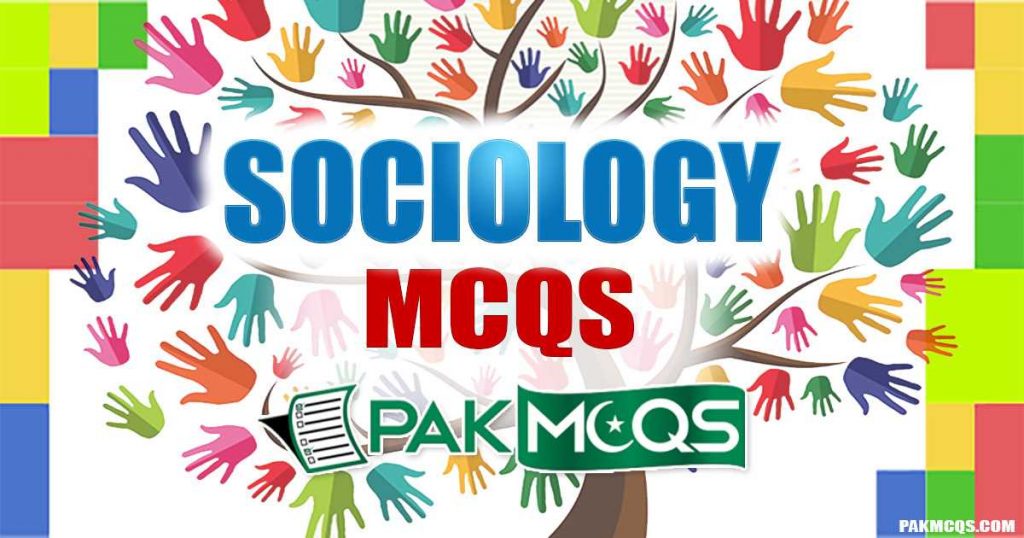A. George Herbert Mead
B. Charles Horton Cooley
C. Erving Goffman
D. Harry Harlow
- Personality
- Personality
- Sociology Mcqs
 Sociology Mcqs for Preparation of FPSC Test, PPSC Test, SPSC Test,KPPSC Test,BPSC Test,PTS ,OTS,GTS,JTS,CTS. Important Mcqs from Past Papers for Lecturer Test Preparation.
Sociology Mcqs for Preparation of FPSC Test, PPSC Test, SPSC Test,KPPSC Test,BPSC Test,PTS ,OTS,GTS,JTS,CTS. Important Mcqs from Past Papers for Lecturer Test Preparation.
IF YOU THINK THAT ABOVE POSTED MCQ IS WRONG.
PLEASE COMMENT BELOW WITH CORRECT ANSWER AND ITS DETAIL EXPLANATION.

